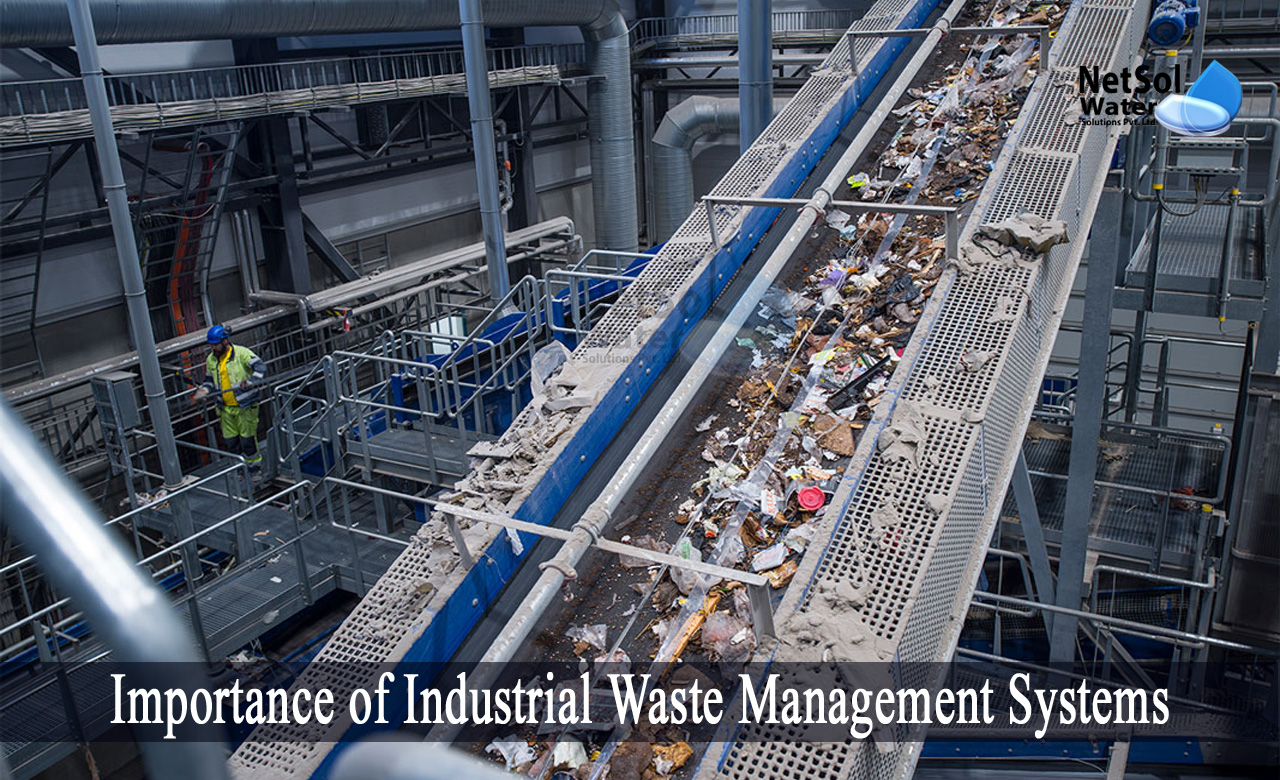Reclaim Waste - The Facts
Reclaim Waste - The Facts
Blog Article
The Ultimate Guide To Reclaim Waste
Table of ContentsThe Definitive Guide to Reclaim WasteSome Known Facts About Reclaim Waste.Getting My Reclaim Waste To WorkAll about Reclaim WasteSome Known Details About Reclaim Waste
Residential sewer waste refers to the waste and products from a household septic tank. The proper administration and disposal of domestic sewage waste require fluid waste to be moved to a sewer therapy plant where the appropriate approaches and devices are applied to purify and dispose of waste.
Business waste typically includes prospective hazards, such as combustible products or a mix of liquid and strong waste items, and requires a more sophisticated and detailed disposal process. The disposal of business waste generally entails the filtering of waste prior to transportation to make sure safe and appropriate disposal. Industrial waste is created from results and overflow of industrial processes and production.
This type of waste can not make use of the very same sewage monitoring transportation or processes as septic or commercial fluids. The industrial waste monitoring process calls for the evaluation and testing of liquid waste prior to it undertakes the disposal procedure (industrial wastewater treatment). Overflow waste is the liquid waste that originates from drainage and excess stormwater in highly booming areas or cities
Runoff waste can cause contamination and flooding if not managed appropriately. Guaranteeing correct waste management can prevent catastrophes and lower ecological harm.
Reclaim Waste - Truths
Call PROS Solutions today to learn about our waste monitoring and disposal solutions and the appropriate ways to care for the fluid waste you produce.
(https://www.find-us-here.com/businesses/Reclaim-Waste-Laverton-North-Victoria-Australia/34166924/)Do you understand what happens to your water when you end, purge the commode or drain pipes the washing maker? No? Well, it deserves understanding. This supposed 'wastewater' is not just a vital resource yet, after treatment, will be launched to our land, waterways or the ocean. Made use of water from bathrooms, showers, bathrooms, cooking area sinks, washings and commercial processes is known as wastewater.

water used to cool equipment or clean plant and devices). Stormwater, a kind of wastewater, is runoff that streams from farming check my source and metropolitan areas such as roofings, parks, gardens, roadways, courses and seamless gutters into stormwater drains, after rainfall. Stormwater streams neglected directly to neighborhood creeks or rivers, ultimately getting to the ocean.
The Facts About Reclaim Waste Uncovered
In Queensland, the majority of wastewater is treated at sewer treatment plants. Wastewater is moved from residential or commercial sites with a system of sewers and pump terminals, referred to as sewerage reticulation, to a sewage treatment plant. City governments build, keep and operate most sewage therapy plants. Operators are licensed under the Environmental Management Act 1994 to discharge cured wastewater at an appropriate ecological criterion right into rivers.
The Department of Natural Resources suggests neighborhood governments about handling, operating and maintaining sewerage systems and therapy plants. In unsewered locations, city governments might call for householders to install individual or house sewage therapy systems to treat residential wastewater from toilets, kitchen areas, bathrooms and laundries. The Division of Natural Resources authorizes using home systems when they are verified to be effective.
In some new class, therapy of some stormwater to eliminate trash, sand and gravel has actually started using gross toxin traps. Wastewater therapy happens in 4 stages: Gets rid of solid issue.
Wastewater after that streams into large tanks where solids settle and are gotten rid of as sludge. Oil and scum are skimmed from the surface area. Makes use of tiny living microorganisms called micro-organisms to damage down and get rid of staying liquified wastes and fine bits. Micro-organisms and wastes are integrated in the sludge. Gets rid of nitrogen and phosphorus nutrients that might cause algal blossoms in our rivers and threaten marine life.
The Of Reclaim Waste
Nutrient elimination is not available in all sewer treatment plants because it calls for costly specialist devices. It is becoming more typical in Queensland. Clear liquid effluent produced after treatment may still consist of disease-causing micro-organisms. If this effluent is launched into waterways such as rivers or the sea, the micro-organisms will at some point pass away out.

This typically implies wastewater has actually to be treated or impurities gotten rid of before it can be released to waterways. Most wastewater flows into the sewerage system. Under the Act, city governments carry out authorizations and licences for ecologically appropriate activities (Ages) including wastewater releases that may have a regional impact. The division administers authorizations and licences to Periods including wastewater releases that might have a local or statewide impact.
How Reclaim Waste can Save You Time, Stress, and Money.
Or else, examples are considered research laboratory evaluation. Commonly numerous examinations are required to develop the levels of each of the various toxins such as oils, hefty metals and pesticides in water. Monitoring gives valid information about water high quality and can validate that licence conditions are being fulfilled. The info acquired via surveillance provides the basis for making water quality choices.
Report this page